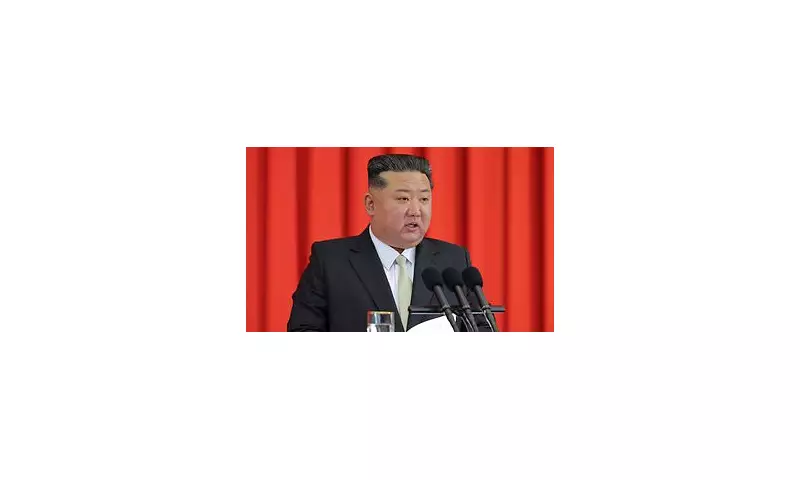
In a dramatic move to eradicate foreign cultural influences, North Korean leader Kim Jong Un has declared war on Western-style consumer goods, imposing sweeping bans on everything from hamburgers to karaoke machines.
The authoritarian regime has launched an aggressive campaign against what it labels 'decadent' imported products, targeting items that have slowly infiltrated the isolated nation's markets despite stringent international sanctions.
The Forbidden List: From Fast Food to Entertainment
According to intelligence sources and defector reports, the ban encompasses a surprising range of everyday items:
- American-style hamburgers and other Western fast foods
- Ice cream and frozen desserts
- Karaoke machines and electronic entertainment devices
- Various imported snacks and beverages
- Fashion items deemed too Western
Ideological Purification Campaign
The crackdown, dubbed the 'anti-decadence culture' campaign, represents Kim Jong Un's latest attempt to strengthen ideological control over North Korea's population of 26 million. Regime officials have reportedly been conducting surprise inspections of markets and restaurants to enforce the new prohibitions.
"This isn't just about banning products—it's about eliminating foreign ideas and influences that might undermine the regime's authority," explained Dr. Sarah Lee, a leading expert on North Korean affairs at the Royal Institute of International Affairs.
Economic Implications and Black Markets
The bans come at a time when North Korea faces severe economic challenges, including food shortages and economic instability. Ironically, many of the banned items were previously available only to Pyongyang's elite through special markets and currency shops.
Experts suggest the crackdown may inadvertently fuel black market activity as demand for forbidden goods persists among North Koreans with exposure to foreign media and culture.
The international community continues to monitor the situation, with human rights organizations expressing concern about the further isolation of North Korean citizens from global cultural trends.






